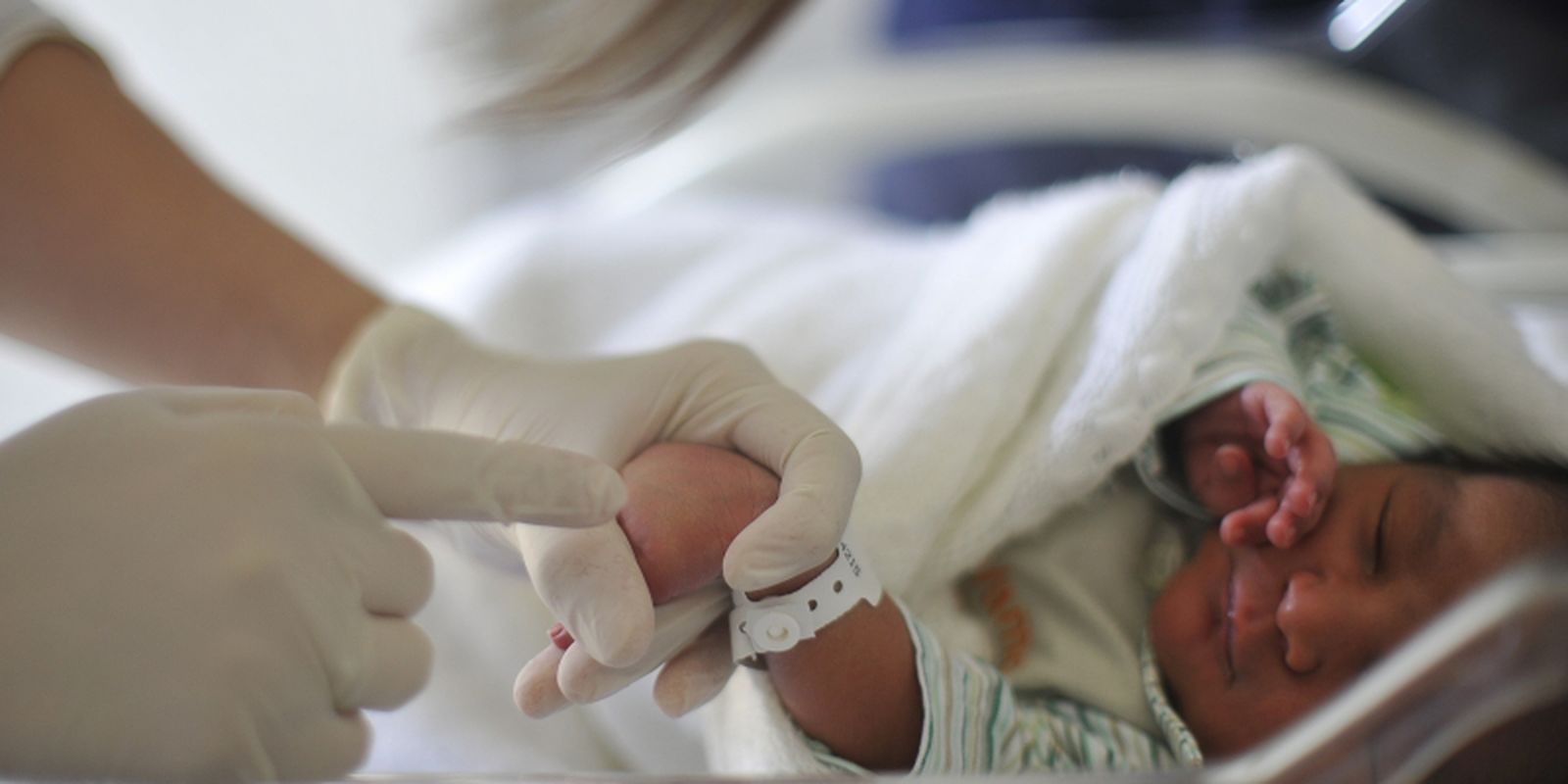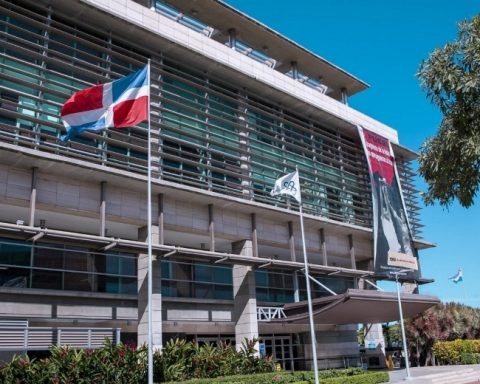The civil registry offices in Brazil show that in the first 7 months of this year, 100,717 children were registered without the father’s name. This year, the lowest number of births for the period since 2016 was recorded, totaling 1,526,664 newborns, that is, 6.5% of the total number of newborns in the country have only the mother’s name on the birth certificate.
The percentage is higher than the 6% recorded in 2021, when 96,282 children of the 1,586,938 born were not named after their father. In 2020, there were 1,581,404 births and 92,092 absent parents. The year 2019 had 99,826 children with only their maternal name registered, compared to 1,718,800 births, followed by 93,006 compared to 1,702,137 births in 2018.
The numbers are registered in the Civil Registry Transparency Portalon the page Pais Ausentes, which is part of the national platform, managed by the National Association of Registrars of Natural Persons (Arpen-Brasil), which gathers information regarding births, marriages and deaths registered in the 7,654 civil registry offices in Brazil, present in all municipalities and districts in the country.
For the president of Arpen-Brasil, Gustavo Renato Fiscarelli, the numbers show that there is a lot to evolve when it comes to paternal responsibility. “Both father and mother are responsible for raising their children and have responsibilities that need to be shared. Obviously each family lives a different reality, but it is substantial data that can inform public policies”, he said.
Fiscarelli emphasizes the importance of registrars. “The registrars encourage the paternity recognition procedure with publicity, permanent programs to encourage the act and actions, such as paternity recognition efforts, carried out in partnership with the general justice department”.
Recognition
Since 2012, the paternity recognition procedure can be done directly at any Civil Registry Office. Thus, a court decision is no longer necessary in cases where all parties agree to the resolution.
In cases where the father himself takes the initiative, it is sufficient for him to appear at the registry office with a copy of the child’s birth certificate, requiring the consent of the mother or of the child himself, if he is of legal age.
In the case of a minor child, the consent of the mother is required. If the father did not want to recognize the child, the mother can make the indication of the alleged father at the notary itself, which will notify the competent bodies so that the paternity investigation process can be initiated.
Since 2017, it is also possible to carry out the recognition of socio-affective paternity in a notary’s office, where the parents raise a child through a relationship of affection, without any biological bond, as long as the mother and biological father agree.
In this procedure, it will be up to the civil registrar to certify the existence of the affective bond of paternity or maternity by means of objective verification through the verification of concrete elements: enrollment of the alleged child in a health plan or social security agency; official record that they reside in the same household; conjugal bond (marriage or stable union) with the biological ascendant; between others.

















